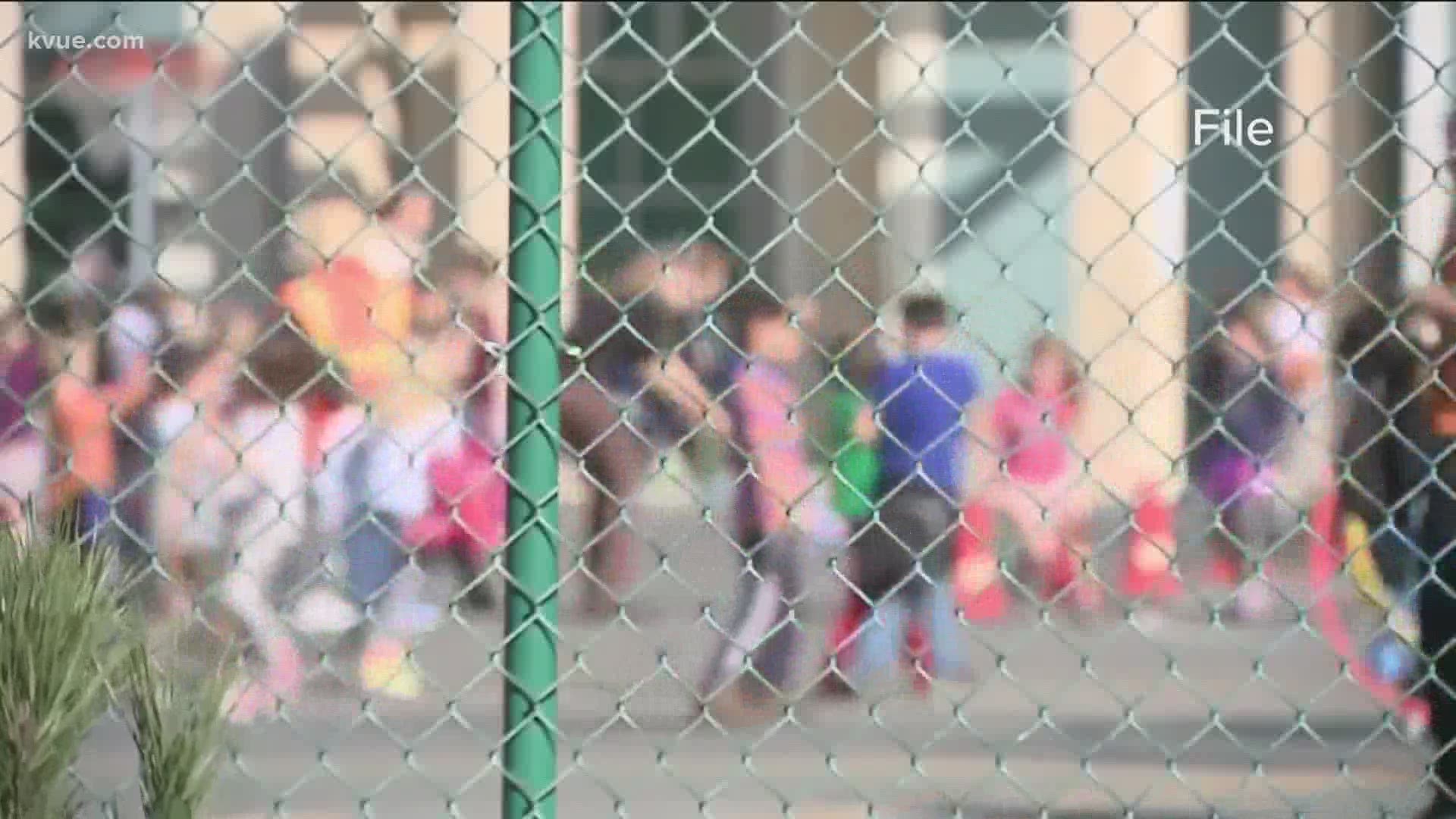AUSTIN, Texas — On Thursday, a reporter in Dallas asked Sen. John Cornyn (R-Texas) about the safety of Texas students and teachers returning to campuses this fall.
“No one under the age of 20 has died of the coronavirus. We still don’t know whether children can get it and transmit it to others," said Sen. Cornyn.
NBC 5 reported that Cornyn's office later clarified his statement, explaining the senator was referring to this tweet, which talks about risk levels among children from former FDA commissioner Dr. Scott Gottlieb.
Dr. Valerie Smith is a pediatrician in Tyler and member of the Texas Medical Association's COVID-19 task force.
"Kids seem to be less affected by COVID, right. Fewer kids are getting COVID than adults. But kids absolutely still can get COVID and can get very sick from COVID," said Smith. "So when we look nationwide, about 7% of the cases of COVID have been in children under 18. So from birth to 17 years old. And then when we look at the really serious outcomes like the deaths, there have been 26 children, at least, through mid-June in the United States who passed away from COVID. So while that is not a huge number, that any of those likes losing a child is really a tragedy."
Smith went on to say that while children spread coronavirus less than adults, kids can still spread it.
Like adults, Smith said sometimes kids can be asymptomatic or have similar core symptoms of COVID-19.
She also said some kids that had coronavirus, even if it's a mild case or if they were asymptomatic, have later been diagnosed with MIS-C, or multiple inflammatory syndrome, in children.
RELATED:
"And that is characterized by some really significant rashes, often high fevers, swollen lymph nodes," Smith said. "And that actually is the thing that can be really very dangerous for children. It is rare, thankfully, but those children who have had it, many of them have been very, very ill."
Smith also discussed the possibility of kids returning to classrooms in the fall.
"As a pediatrician and a mom, I so want my children to be able to go to school," said Smith, a mom of three.
She said she knows how important in-person education is for a lot of kids, but for that to happen she says it needs to be done as safely as possible.
"We really do need to be thoughtful about creating environments in school that have plenty of personal protective equipment for staff particularly but also for students, and that have included cleaning supplies and things like that, and then also have the ability to space properly," said Smith. "So the typical classroom we viewed in the past, where a desk is 18 inches from the next person's desk, just isn't really viable for us for this fall."
Smith said if schools open in the fall, parents should be prepared that education could have some disruptions later in the year.
PEOPLE ARE ALSO READING:

